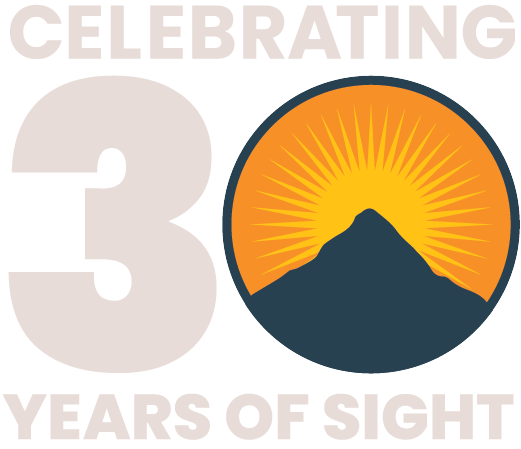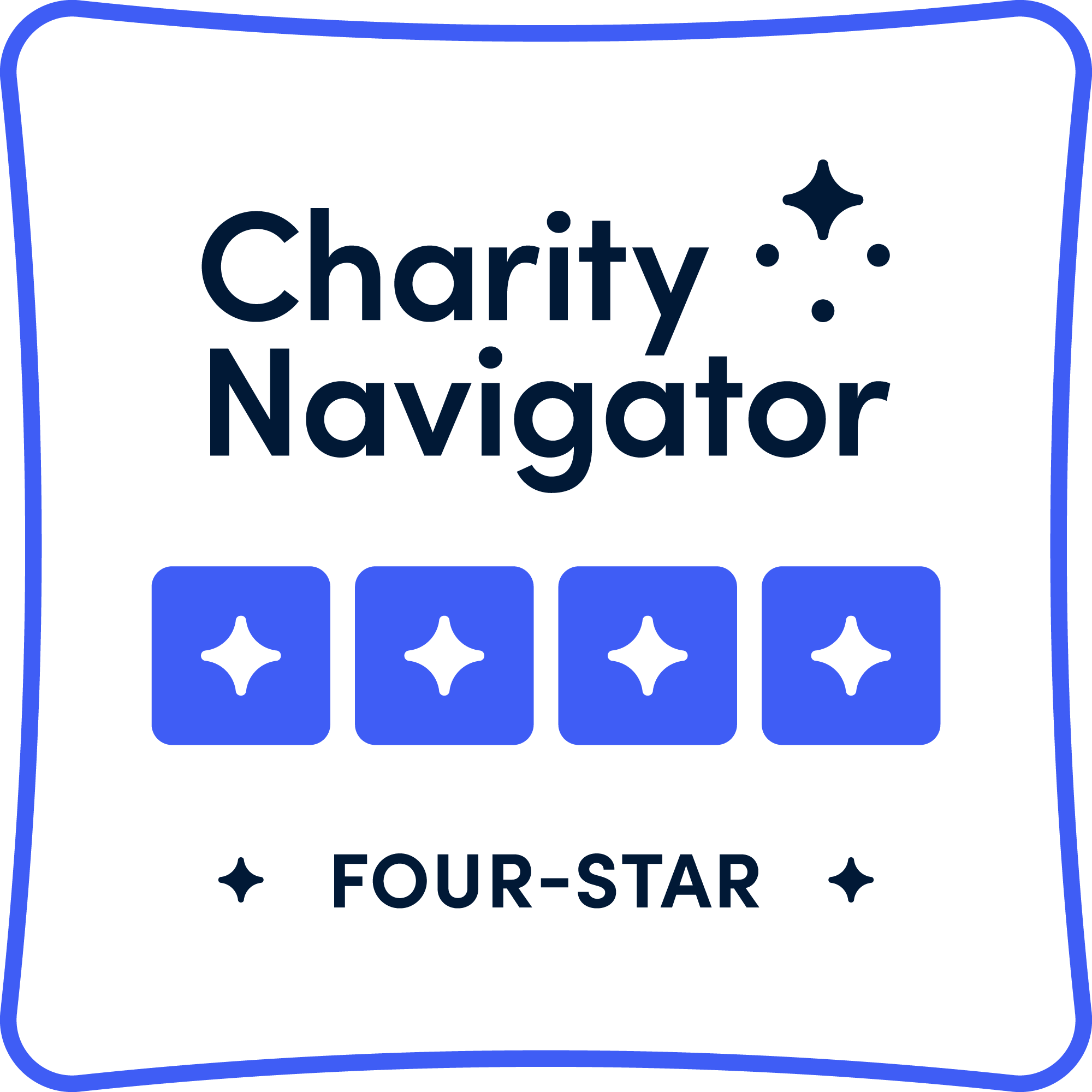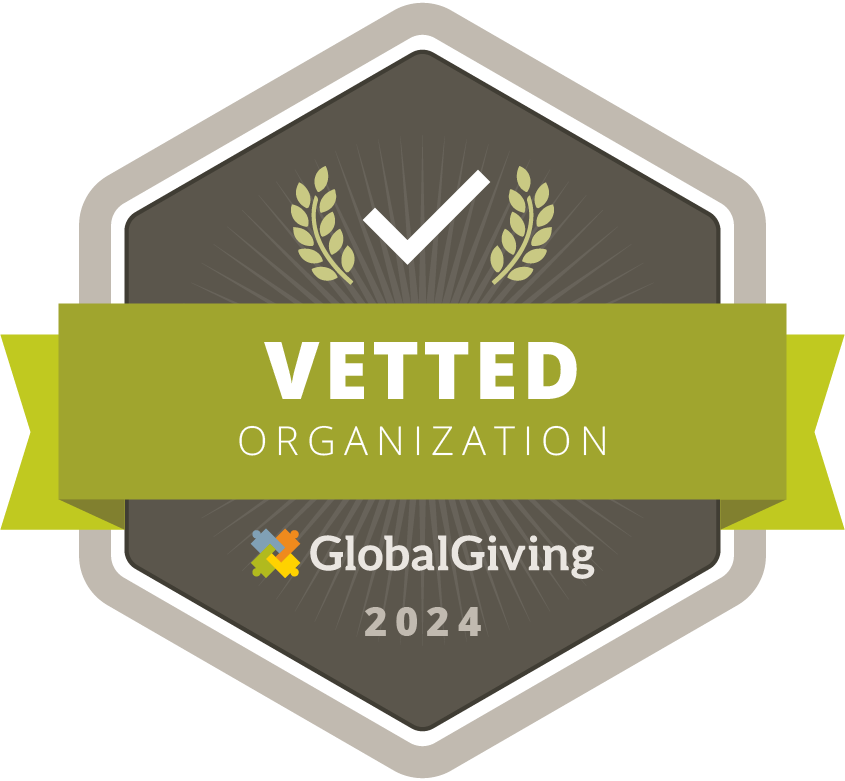GHANA: Experts Aim to Improve Child Eye Cancer Odds
In Ghana, the mortality rate for children suffering from retinoblastoma, an aggressive eye cancer commonly seen in young children, is high - one in every two children with retinoblastoma dies.
Health care providers in Ghana are working to change that.
Recently, a stakeholder’s meeting was held in Accra that brought together over 70 ophthalmic personnel (virtual and in-person) from numerous institutions within Ghana and abroad to discuss advancing early-detection guidelines and to establish an advocacy plan to address retinoblastoma.
The incidence of retinoblastoma in sub-Saharan Africa is 5 per million population per year. If applied to Ghana, one would expect approximately 125 new cases each year, and in fact, the two largest teaching hospitals, Korle Bu Teaching Hospital in Accra and Komfo Anokye Teaching Hospital in Kumasi each report at least 25 new cases every year.
Retinoblastoma is curable if treated early; however, children in Ghana die each year due to lack of timely detection and referral, scant human and financial resources dedicated to the disease, and limited access to treatment. In high-income countries, retinoblastoma has a cure rate of about 95 percent.
The Accra workshop was organized by long-time HCP partner Dr. Vera Essuman and sponsored by the Ghana Ministry of Health, Ghana Health Services, the World Health Organization (WHO) and World Child Cancer. HCP Country Representative Dr. Oscar Debrah and HCP Monitoring, Evaluation and Learning Manager Nick Lawrence also participated in the workshop.
“Every other child that is infected with retinoblastoma dies in Ghana,” Dr. Vera said. “We have been having difficulty with treatment because patients don’t come early, and those who do come can't afford the treatment. We want to lessen the plight for these children. We are coming together to try to formulate guidelines.”
HCP has been active in Ghana since 2006, working closely with Ghana Health Services to reduce the backlog of cataract blindness through the National Cataract Outreach Program (NCOP) and partnering directly with 12 implementing partners to increase ophthalmic capacity through specialized training and provision of equipment and supplies.



